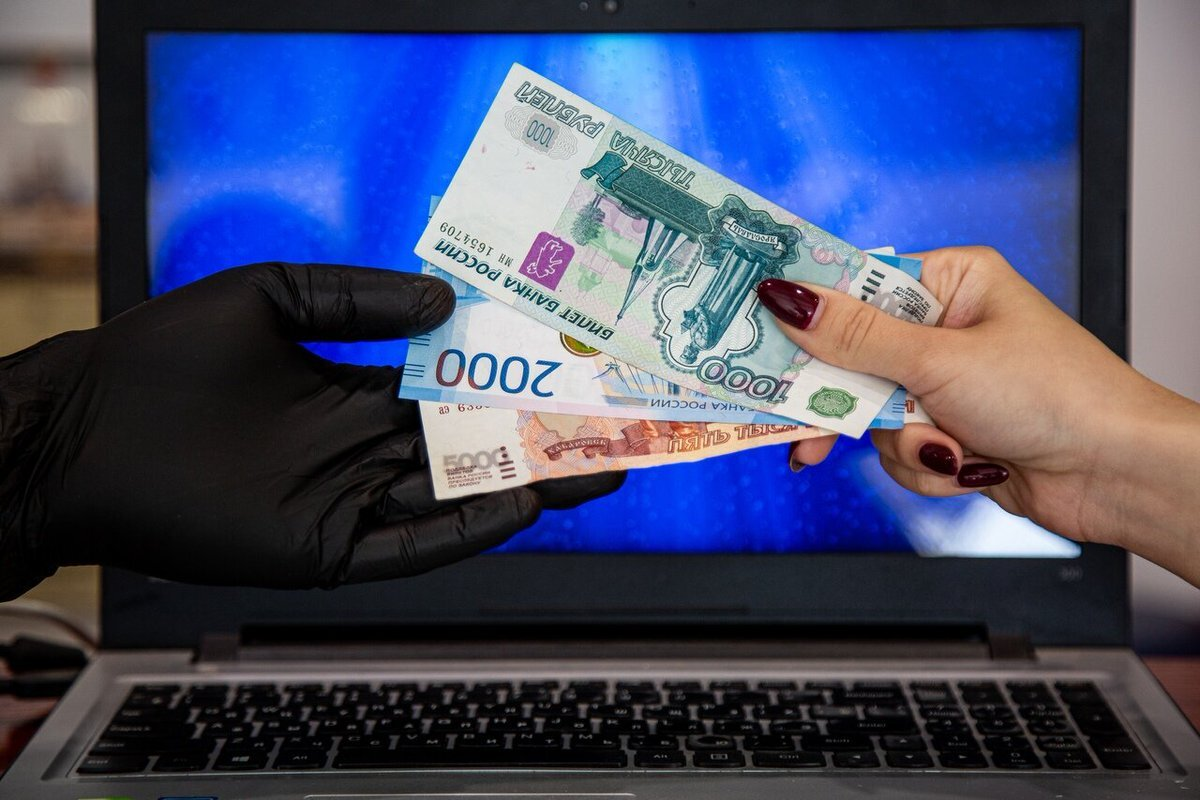Many people face financial difficulties, and when money is urgently needed, people, having found no other options, turn to microfinance organizations - it is very quick and convenient. Money can be received on a card without even visiting the structure. The only nuance when taking out such loans is the submission of personal data in the application. Fraudsters are also after such information, so when choosing a microfinance organization, you need to be very careful
Legal microfinance organizations care about their reputation, therefore:
- they prepare documents with the highest degree of security, of course more in their favor than the client's, but the contracts have clearly stated clauses without hidden fees and explanations;
- such a company is easy to find on the internet, discover its resource, and get acquainted with all licenses and work processes, which allows confirming its legitimacy;
- every microfinance company that works honestly in the market conducts a preliminary request for the credit history of a client who applied for financial help.
Mainly, there are two types of fraud with microfinance organizations - either it is a fake microfinance organization aimed at collecting user data, or a fraudster approaches a microfinance organization intending to take out a loan using someone else's personal data.
In the second case, the victim doesn't even know that a loan is taken out in their name, but they will still have to pay because finding the fraudsters in this case will be difficult.
Loan Fraud
Fraudsters also actively work on microfinance sites using several schemes by which they take out loans. Scammers take loans online using someone else's data with a sim card by creating sim card duplicates at the mobile operator's salon. By taking loans online with this number, fraudsters enrich themselves, and the victim finds out when they receive a message about loan approval. If documents, passports are stolen, fraudsters can seize them and obtain loans in various microfinance organizations where photo confirmation with a passport is not required. As a result, the victim of the theft ends up with a loan. Cases where bank employees are involved in fraud are not excluded, especially if the user took out a loan from this organization and their personal data is saved. A fraudster can easily issue a new loan, but to another card. Also, without noticing, victims disclose their personal data, for example, to bank employees, police, social services. It is not excluded that this is a fraud scheme.

Microloan Scam
Microfinance organizations are not always legal. Fraudsters successfully use this scheme by cloning the resource. At first glance, it is no different from the original company, especially affecting those who applied for the first time. Here, theft goals are pursued:
- personal data;
- passport number;
- identification code;
- secret bank card codes.
Organizations posing as MFOs do not bother much with documentation - their contract terms are vague, with many small print addenda, it is impossible to find information on the internet about the legality and registration of the microfinance company. There is no user credit history check, and it is difficult to find the official website of the fraudulent micro-organization. Attention should be paid to reviews if a similar name appears.

Financial Protection
Financial protection exists to help clients in case of difficulty repaying a loan, in unforeseen situations, or in the process of property damage. In other words, it is like credit insurance, which will help ease payment of contributions or repay the entire amount in unforeseen circumstances.
Considering such risks, it is necessary to take this into account when concluding an agreement.
To ensure financial protection, it is necessary to:
- minimize risks;
- make safe online purchases;
- not disclose your income;
- increase financial literacy;
- make online payments on secure resources;
- have a good credit history;
- ensure the protection of your electronic devices;
- use unique passwords;
- not disclose personal data;
- borrow from trusted financial institutions.

Financial protection works well in large financial institutions, banks, and it is difficult to apply it to microfinance organizations, as they strive to gain benefits only for themselves, charging exorbitant interest for delays and penalties for non-payment.
 >
>